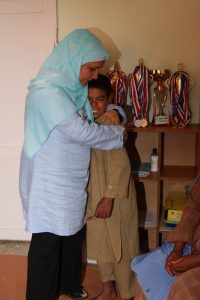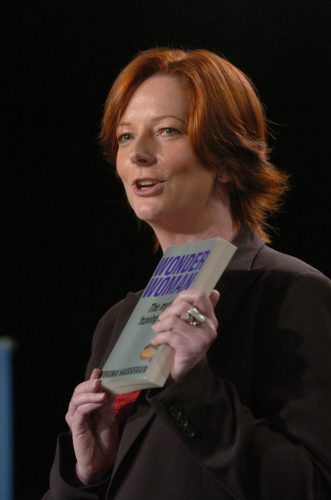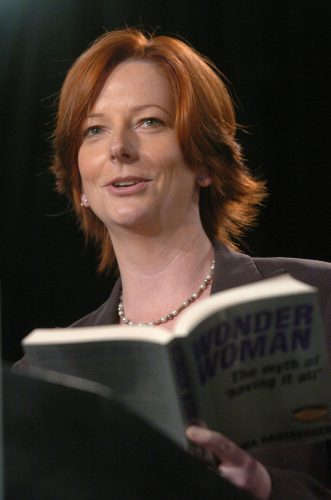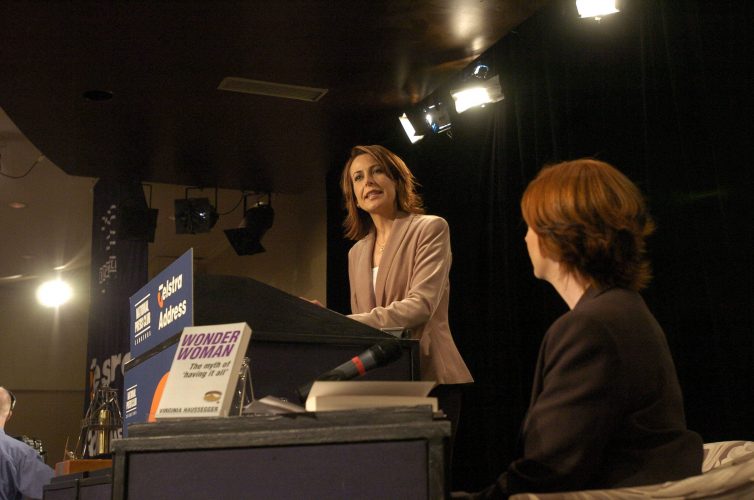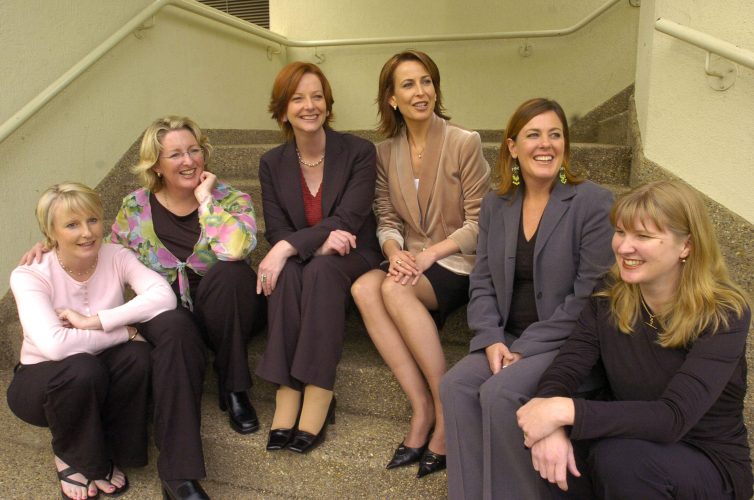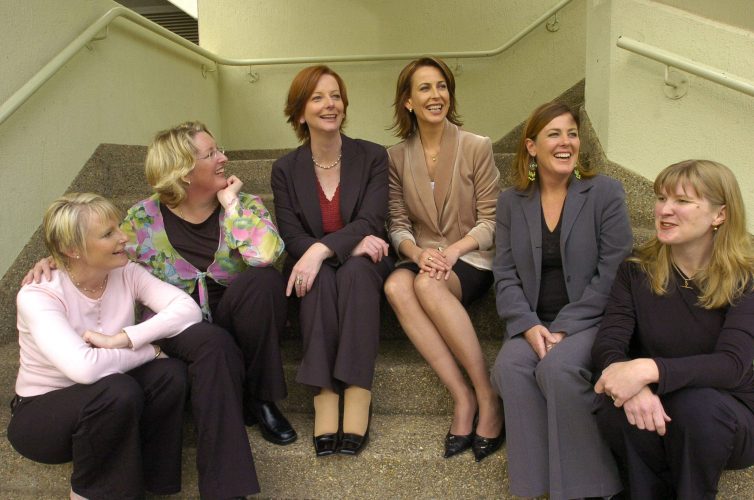I’d never seen such filthy hands. I know it’s rude to stare. But I was trying to work out what on earth this wide-eyed little boy had been doing to blacken his hands like that. Just then he caught me staring, and quickly hid his fingers under the folds of his tatty tunic. It was an embarrassing moment for both of us.
His name was Tamin and like many orphan kids in Afghanistan he doesn’t know his age. He’s probably about eight or nine. I met him a couple of weeks ago, when his widowed mother brought him to Hope House, an orphanage in Kabul run by Australian charity Mahboba’s Promise.
In what highlights the primary role of men as income providers, children in Afghanistan are considered destitute orphans if their father is dead, even though they may still have a mother.
Tamin’s father was killed two years ago by a bomb blast in Kabul. Since then, he’s been supporting his mum and three sisters by working the streets as a shoe-shiner. But business is bad, and they’re not coping on his piffling income. His mother is here to ask for money, flour and cooking oil. She says she wishes her girls were boys, so that they too could polish shoes. Suddenly she’s overcome by the uselessness of her daughters, and starts gulping back loud tears. Then everyone in the room is crying. Not because we agree that girls are a curse. We’re just exhausted by all this misery.
Outside the office door at Hope House there’s a long queue of weeping widows. Every day they just keep coming. Covered in dirty blue burquas, they pour out their stories of loss, grief, despair and hunger. Always hunger. Some beg the staff to take their children and keep them, because they can no longer feed them. I watched hopelessly as one woman pushed her tiny, bewildered children into the office, and tried to dash away. An uncle left three kids at the orphanage gate saying, ”You take them, or I’ll dump them in the bin.”
This is the war we are not seeing. This is life in Afghanistan.
As Australian troop numbers, deployment, and exit strategies dominate our media headlines, I can only wonder why it is that we rarely talk about the ordinary people at the centre of this war. What about the Afghans? Do we care? Perhaps we can’t. Maybe we’re suffering sympathy fatigue?
Sadly, it seems the only Afghans getting prime-time media space are those ”queue jumpers”. They may have risked their lives to escape unimaginable trauma, yet with breathtaking stupidity some political commentators suggest these asylum seekers are too well dressed to deserve our sympathy. Perhaps compassion has its own dress code.
The battle against the Taliban has turned more than one million women into widows. Most are illiterate, unskilled and without any means of an income. There are no regular government welfare hand- outs, no Centrelink payments, and there’s no Salvation Army.
In Kabul, more and more of these women, with their dazed and hungry little kids, are finding their way to Hope House. There they sit. And wait. And hope.
Over recent weeks the queues have been longer than normal. Word has gone around that Mahboba Rawi is here. ”Mother Mahboba” as they call her, is visiting from Australia, where she now lives and works like a tyrant to raise money for the orphans and widows of Afghanistan.
Knowing what it’s like to be hungry, lost and traumatised, Mahboba has dedicated her life to making a difference to those she left behind. At the age of 11 she fled Afghanistan on foot, and made it to the refugee camps of Pakistan. Marriage eventually brought her to the safety of Australia. But clearly her heart is in her homeland.
Through her Sydney-based charity, Mahboba has raised $2.5million over the past 10 years. Which, in the scheme of things, may not seem like a huge amount. Certainly not after Wednesday’s announcement, that the Australian Government will spend more than $1million a week trying to prop up the corrupt and incompetent Afghan army. Nevertheless, with a small amount Mahboba has been able to make big strides.
Her two orphanages in Kabul and her various support programs outside the capital, including a school for 200 girls in the Panjshir Valley, have not only changed lives and saved lives, they have set an example of what is possible.
Just before I left Afghanistan I attended the graduation ceremony of widows from a tailoring course run by Mahboba’s Promise. Each widow was given her own sewing machine, material and cutting tools. To see how the women lovingly clutched those parcels was to realise what it must be like to receive a gift for the first time in your life. The faces of gratitude were priceless.
So too was little Tamin’s response when Mahboba cleaned his hands, and said there would be no more shoe-shining. She would try and find a sponsor to send him to school. His eyes filled up with tears, and his grubby face started shining.
